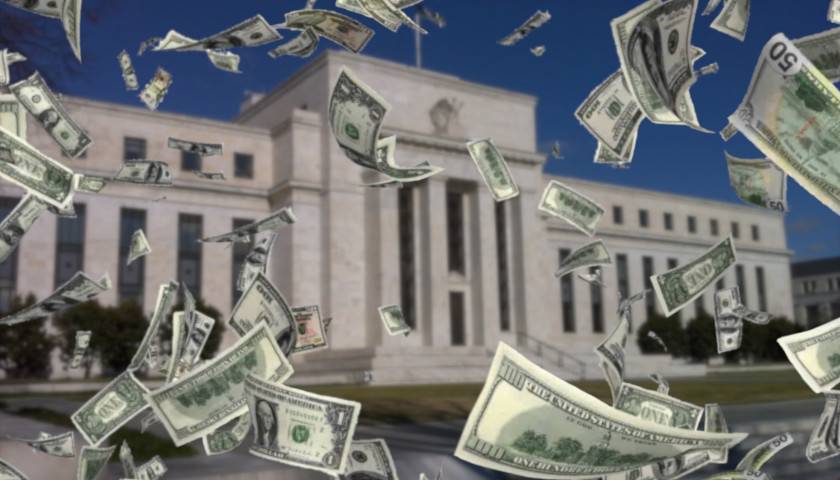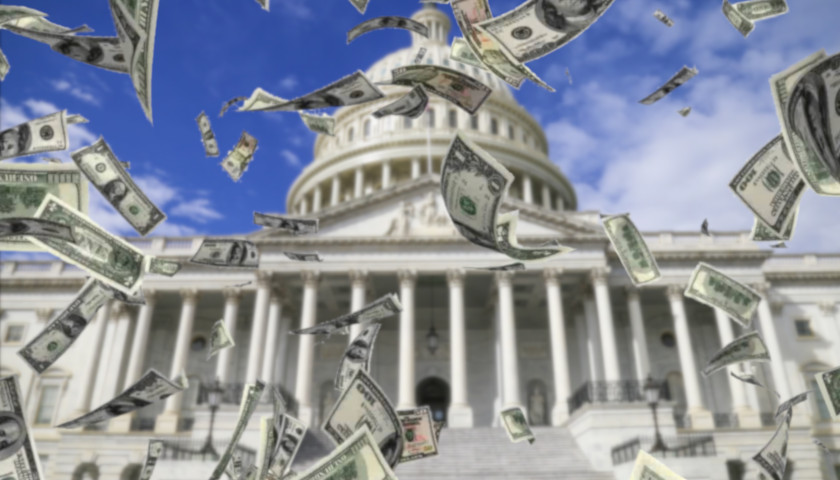The U.S. economy reported an increase of 850,000 jobs in June and the unemployment rate ticked up to 5.9%, according to Department of Labor data released Friday.
Total non-farm payroll employment increased by 850,000 in June, according to the Bureau of Labor Statistics report, and the number of unemployed persons increased to 9.5 million. Economists projected 700,000 Americans would be added to payrolls prior to Friday’s report, according to The Wall Street Journal.
“This is a trickier phase of the recovery,” Wells Fargo senior economist Sarah House told The New York Times.
Read More

















